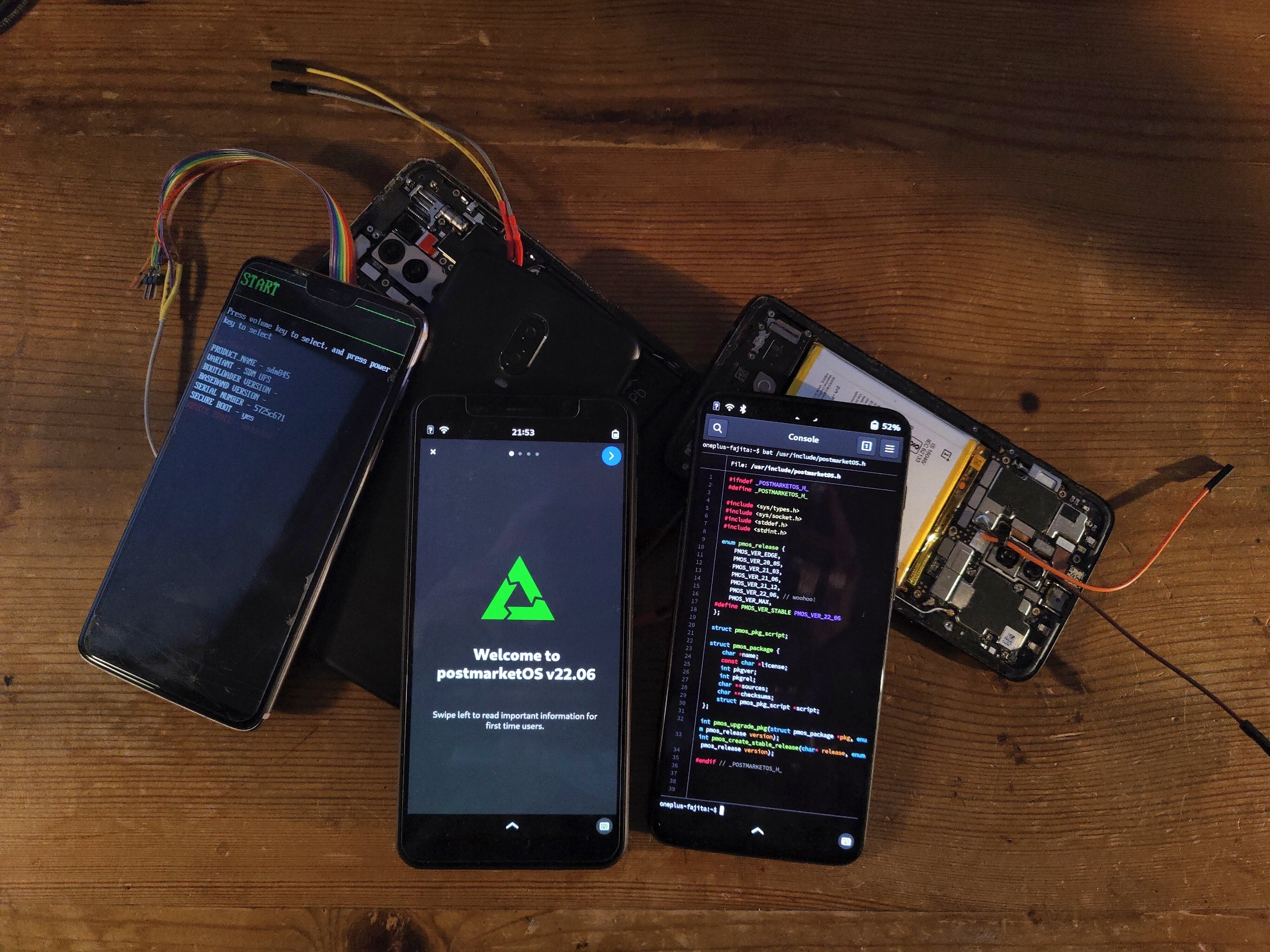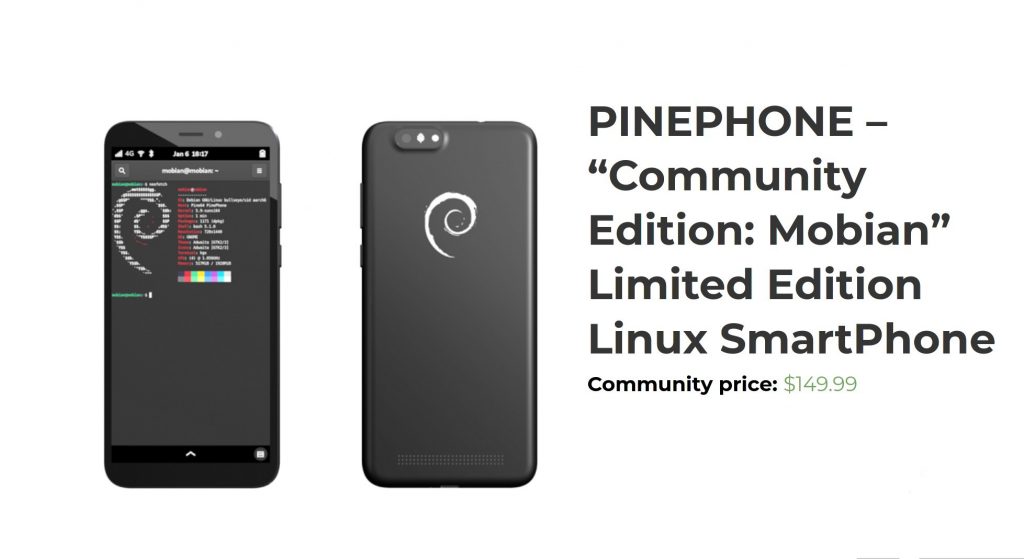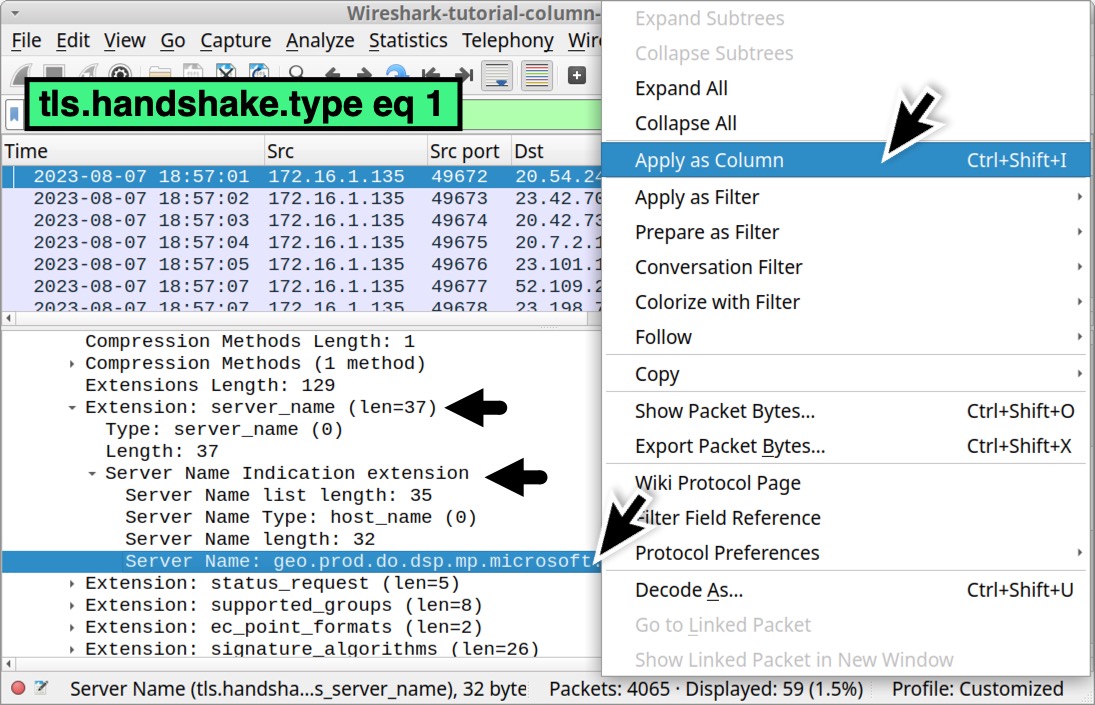Linux-Based Operating Systems for Smartphones 1. Ubuntu Touch Developed By: UBports Community Prime Features: Convergence: Can turn your...
Linux-Based Operating Systems for Smartphones
1. Ubuntu Touch
- Developed By: UBports Community
- Prime Features:
- Convergence: Can turn your smartphone into a desktop-like environment when connected to a monitor.
- App Ecosystem: Features native apps called “Scopes” and supports web apps.
- Privacy: No forced integration with any major cloud services; privacy-focused.
- Updates: Regular updates and a vibrant community.
- Compatibility: PinePhone, Fairphone 4, OnePlus One, Google Pixel 3a, and more.
2. Sailfish OS
- Developed By: Jolla
- Prime Features:
- Gesture-Based Interface: Intuitive swipe gestures for navigation.
- Privacy: Strong emphasis on privacy, with no mandatory data collection.
- Android App Support: Runs most Android apps via Alien Dalvik.
- Multi-User Environment: Supports multiple users on the same device.
- Compatibility: Sony Xperia series, Fairphone, and Volla Phone.
3. PostmarketOS
- Developed By: Community Project (Based on Alpine Linux)
- Prime Features:
- Security: Designed with security in mind, including the option to use a read-only root filesystem.
- Long-Term Support: Aiming for 10 years of software updates per device.
- Lightweight: Minimalist and resource-efficient, making it suitable for older devices.
- Customization: Highly customizable with support for various desktop environments like Phosh, Plasma Mobile, etc.
- Compatibility: PinePhone, Librem 5, and various older Android devices.
4. Plasma Mobile
- Developed By: KDE Community
- Prime Features:
- Convergence: Allows seamless transition between mobile and desktop environments.
- Open Source: Completely open-source, fostering a strong community-driven development.
- App Ecosystem: Supports a growing number of native and Linux apps.
- User Interface: Sleek, modern interface with KDE Plasma's signature customization options.
- Compatibility: PinePhone, Librem 5, and Android devices through Halium.
5. Mobian
- Developed By: Mobian Project (Debian-based)
- Prime Features:
- Stable and Reliable: Based on Debian, known for its stability and extensive package repositories.
- GNOME-Based: Utilizes the GNOME shell with a mobile-first design.
- Software Availability: Access to a vast number of Debian packages.
- Privacy: Strong focus on user privacy, with default apps that respect user data.
- Compatibility: PinePhone, Librem 5.
6. LuneOS
- Developed By: webOS Ports Community
- Prime Features:
- Lightweight: Optimized for performance with a focus on essential features.
- Card-Based Multitasking: Unique card-based UI for multitasking, inspired by the original webOS.
- Open Source: Community-driven with a focus on openness.
- Hardware Support: Constantly improving support for various mobile devices.
- Compatibility: Nexus 4, Nexus 5, HP TouchPad.
Sniffing and Spoofing Tools for Ethical Hackers
Ethical hacking involves various tools for network analysis, sniffing, and spoofing. Below is a list of such tools:
1. Wireshark
- Type: Network Protocol Analyzer
- Features:
- Deep Inspection: Analyzes the details of network traffic at a micro-level.
- Real-Time Analysis: Captures and examines live network data.
- Multi-Protocol Support: Supports a wide range of network protocols.
- GUI & CLI: Available with a graphical user interface and command-line interface for versatility.
- Use Cases: Packet sniffing, network troubleshooting, security analysis.
2. Tcpdump
- Type: Command-Line Packet Analyzer
- Features:
- Real-Time Capture: Captures network packets in real-time.
- Filters: Uses BPF (Berkeley Packet Filter) to filter captured packets.
- Lightweight: Minimal resource usage, suitable for remote or low-power environments.
- Use Cases: Network analysis, packet logging, traffic monitoring.
3. Ettercap
- Type: Network Security Tool
- Features:
- ARP Spoofing: Enables the interception of traffic on a switched LAN.
- MITM Attacks: Facilitates Man-in-the-Middle attacks for security testing.
- Plug-in Support: Extendable via plug-ins for various network protocols.
- Unified Sniffing: Captures traffic from multiple network interfaces simultaneously.
- Use Cases: Ethical hacking, network security audits, vulnerability assessments.
4. Bettercap
- Type: Network Security Tool
- Features:
- Comprehensive Suite: Includes tools for ARP spoofing, DNS spoofing, and more.
- Modular Design: Extensible with various modules for different attack vectors.
- Real-Time Traffic Manipulation: Modify network traffic on the fly.
- SSL Stripping: Downgrade HTTPS to HTTP to capture sensitive data.
- Use Cases: Penetration testing, network analysis, traffic manipulation.
5. Aircrack-ng
- Type: Wireless Network Security Suite
- Features:
- Packet Sniffing: Captures packets on wireless networks.
- WEP/WPA Cracking: Tools for cracking WEP and WPA/WPA2 keys.
- Replay Attacks: Facilitates the injection of captured packets to analyze responses.
- Monitoring: Provides airdump-ng for monitoring wireless network activity.
- Use Cases: Wireless network auditing, penetration testing, security assessments.
6. Nmap
- Type: Network Mapper
- Features:
- Port Scanning: Scans open ports on remote machines.
- Service Detection: Identifies services running on detected ports.
- OS Detection: Provides information about the operating system of a target device.
- Scripting Engine: Extensible via NSE (Nmap Scripting Engine) for custom scans and probes.
- Use Cases: Network discovery, vulnerability scanning, penetration testing.
7. Hping3
- Type: Packet Generator and Analyzer
- Features:
- Custom Packet Crafting: Create custom TCP/IP packets for various protocols.
- Firewall Testing: Evaluate firewall rules and performance by generating specific traffic.
- Advanced Traceroute: Perform traceroute-like functions with custom packet types.
- DoS Testing: Simulate denial-of-service attacks to assess resilience.
- Use Cases: Network testing, firewall audits, penetration testing.
Ethical Considerations
When experimenting with Linux-based smartphones and using sniffing/spoofing tools, it's essential to adhere to ethical guidelines and legal regulations. Ensure you have proper authorization before conducting any tests or modifications on devices or networks that you do not own.

















No comments